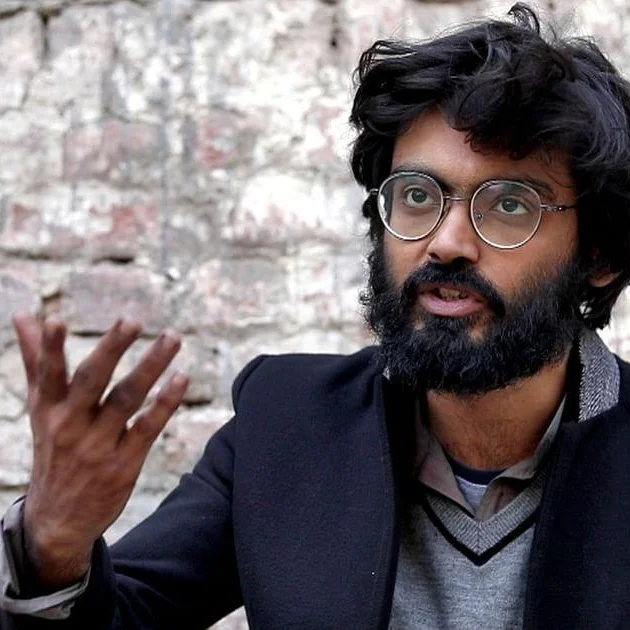The Delhi High Court is currently reviewing a request to halt the release of a film centered on the Delhi riots of February 2020. Several individuals, including Sharjeel Imam, have formally asked the court to prevent the movie’s release. They are concerned that the film’s content could spark more violence and create further harm within the community. After hearing arguments from both sides, the court has reserved its decision and will announce a ruling after further consideration.
Those who oppose the film’s release argue that the movie presents a biased portrayal of the riots. Specifically, Sharjeel Imam and other petitioners believe that it could incite communal unrest by unfairly depicting events. They claim that the film does not accurately reflect what happened and fear this inaccuracy will fuel animosity and prejudice. Additionally, they are worried that the film might damage their personal reputations. On the other hand, lawyers representing the filmmakers insist the movie is based on documented information available to the public. They maintain that the film offers an honest account of the riots and is a valid exercise of their right to free speech.
This case raises critical questions regarding both artistic freedom and public safety. The petitioners argue that the film has the potential to disrupt community harmony. Conversely, the filmmakers defend their work as an honest depiction of past events. The Delhi High Court is carefully considering all these elements before deciding whether to allow the movie’s release or stop it. Their decision will have a significant effect on future discussions regarding artistic expression and its potential impact on social order.
